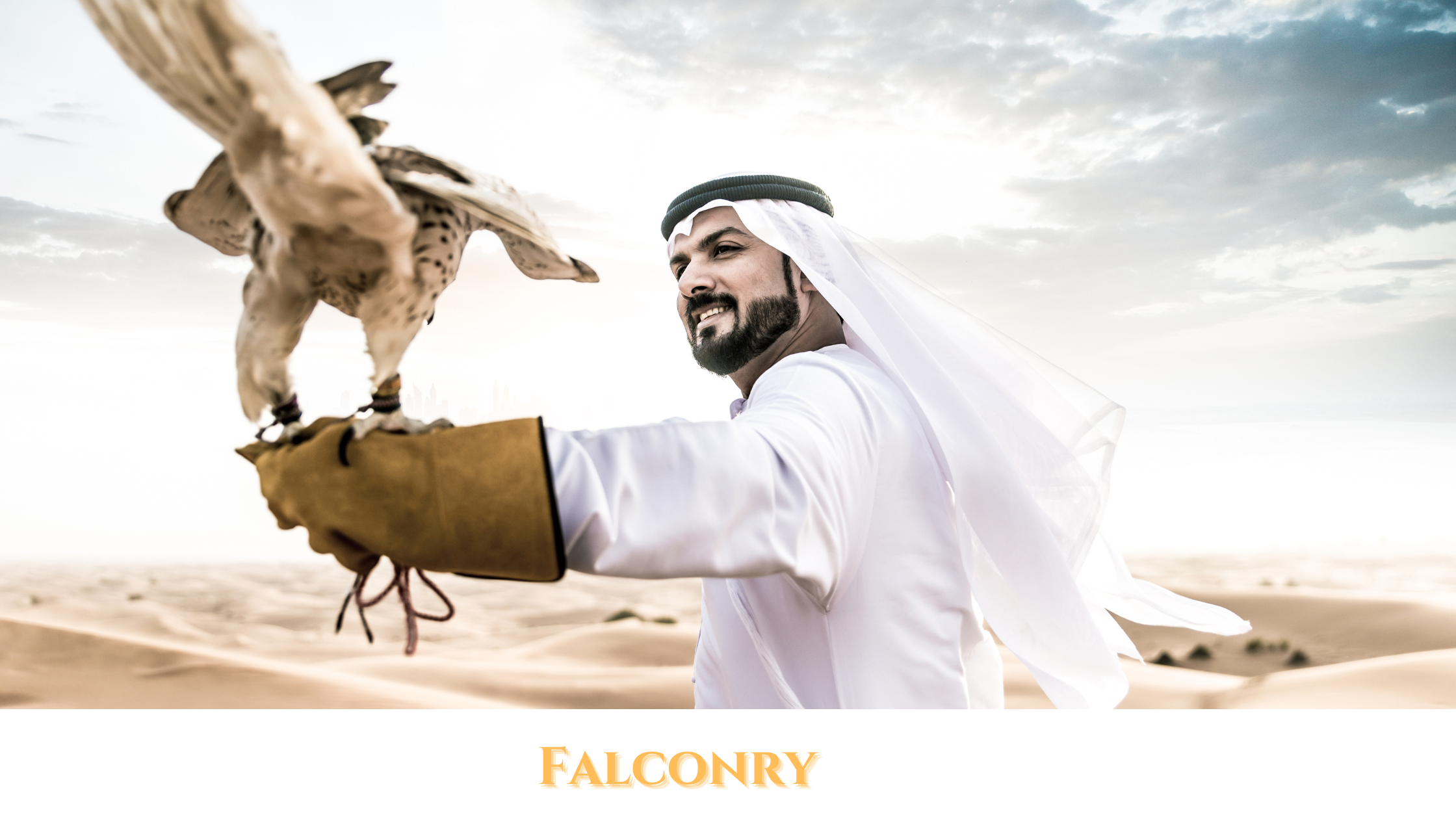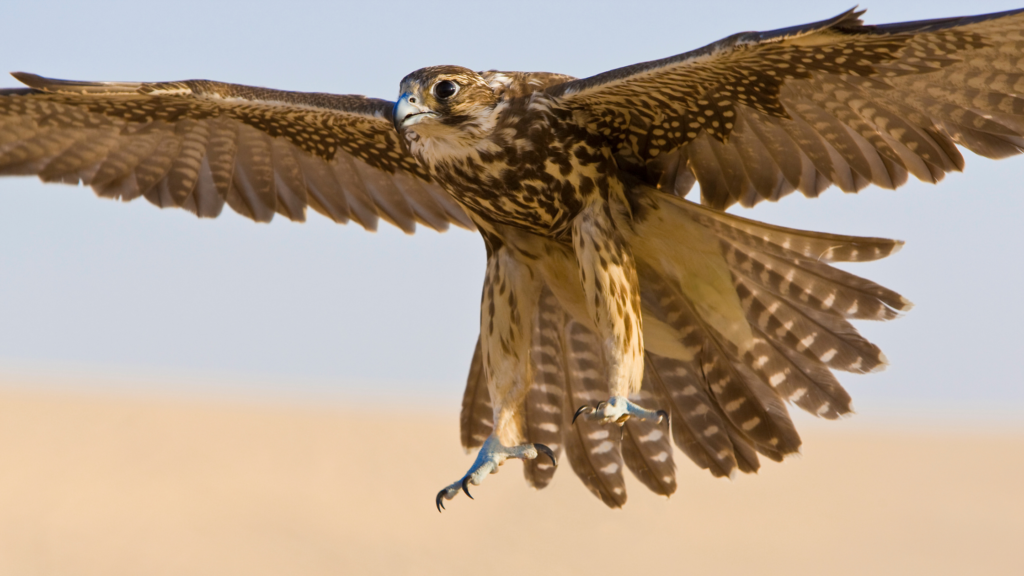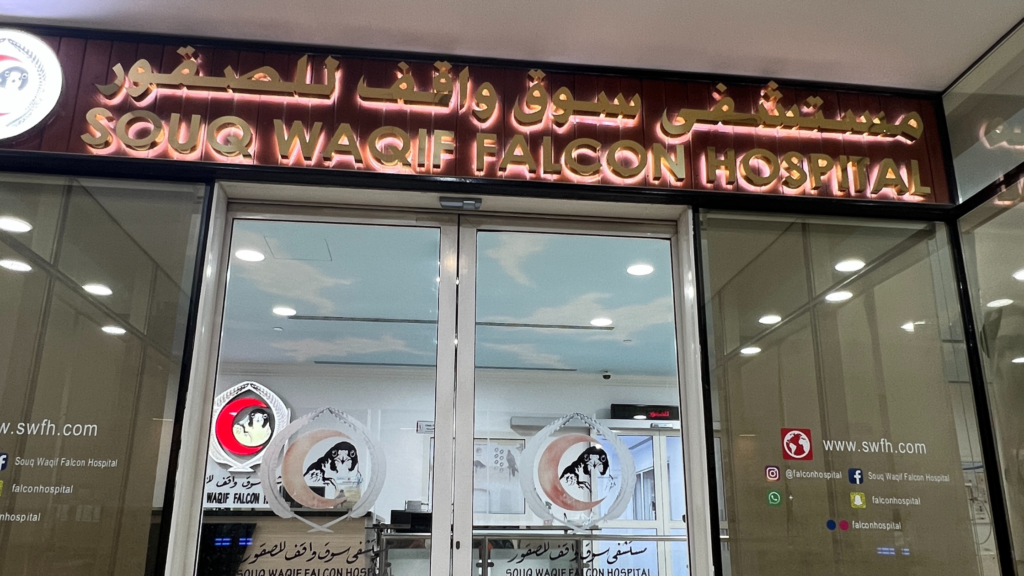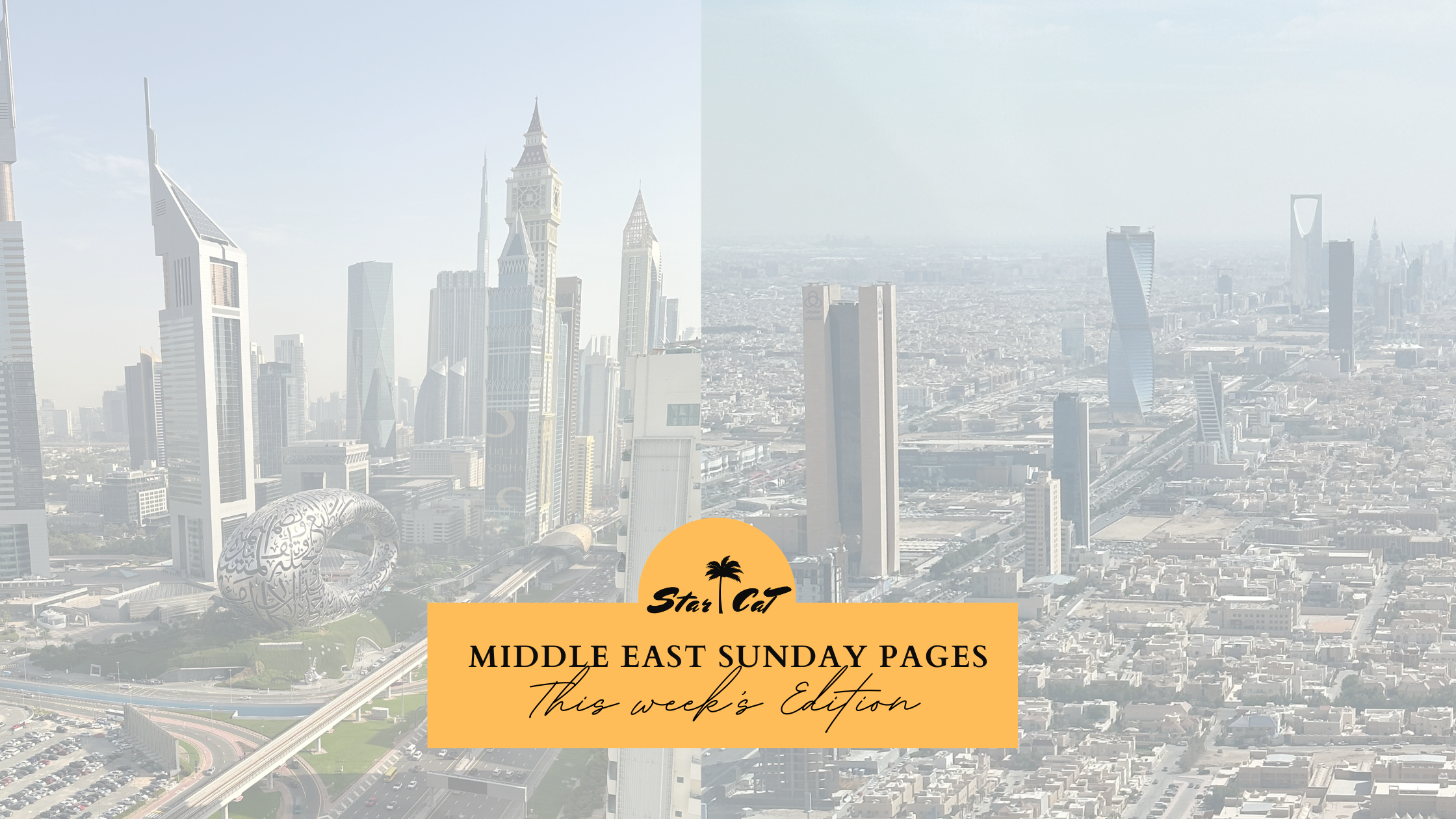
Falconry
Falconry, an ancient and revered practice, has deep-rooted traditions in the Gulf region. For centuries, falconry has symbolised a unique connection between man and nature, reflecting the rich cultural heritage of Gulf countries. In this post, we will explore the fascinating world of falconry in the Gulf, its historical significance, contemporary revival, and its role as a cultural touchstone in the modern era.
This is a great topic to explore, because the more you know, the easier conversations will be and it shows your Business partners that you have taken time to learn something about their culture. You can learn even more by subscribing to our Middle East Insights Newsletter.
A Legacy of Falconry
Falconry has been an integral part of Gulf culture for generations. It was not merely a hunting technique but a symbol of prestige, prowess, and a way of life. Falcons, specifically the Peregrine and Saker falcons, were revered for their hunting abilities and loyalty to their falconers.
Historical Significance
In the Gulf, falconry was practiced by both Bedouin tribes and ruling elites. Falcons played a vital role in desert life, providing a means of hunting for food and sustenance. Beyond practicality, falconry was intertwined with Gulf culture and traditions, often celebrated in poetry, songs, and folklore. The birds themselves became cultural symbols, representing nobility and grace.
A Sport and a Tradition
As Gulf nations evolved and modernised, falconry transcended its utilitarian origins to become a celebrated sport and tradition. Falconry festivals and competitions draw enthusiasts and falconers from around the world. These events showcase the artistry of training and hunting with falcons, celebrating the deep connection between falcon and falconer.
Contemporary Revival
In recent decades, falconry has experienced a resurgence in popularity, partly due to governmental support and recognition of its cultural importance. Gulf countries have invested in preserving this heritage by establishing falcon hospitals, breeding programs, and educational initiatives. These efforts have ensured that falconry remains a cherished and thriving tradition.

Falconry Today: Beyond Hunting
While falconry’s historical context was predominantly for hunting, modern falconry in the Gulf has diversified. Falcons are no longer used solely for hunting, but also for sports like falcon racing and aerial displays. The Arabian Gulf is now home to some of the world’s most prestigious falconry competitions, drawing participants and enthusiasts from across the globe.
Breeding and Conservation
Gulf countries have also taken significant steps in breeding and conserving indigenous falcon species. Breeding centres have been established to ensure the preservation of genetic diversity and to protect these magnificent birds from endangerment. These centres contribute to global conservation efforts, ensuring the survival of species like the Saker falcon.
The Falcon Souq: A Hub of Falconry Culture
One cannot truly appreciate the depth of Gulf falconry culture without visiting a falcon souq, or market. These vibrant and bustling marketplaces offer everything a falconer might need, from falcons and falconry equipment to advice and camaraderie. It’s not just a place to buy and sell; it’s a hub of culture and tradition.
And many even have their own Falcon Hospital.

Cultural Significance
Falconry is not merely a hobby; it is a way of life and a cultural touchstone. It fosters a deep sense of identity and belonging among Gulf citizens. The birds themselves are highly esteemed, and falconers often refer to them as members of their families. The bonds formed between falcon and falconer are profound and enduring.
Global Diplomacy and Soft Power
Falconry also plays a unique role in international diplomacy and soft power. Gulf countries often gift falcons to foreign dignitaries as a symbol of friendship and goodwill. These gestures highlight the cultural significance and global importance of falconry.
Therefore it is important to understand these traditions and know what they mean – you can subscribe to our Middle East Insights Newsletter where we regularly bring you interesting facts from the region.
Falconry in the Gulf is more than just a tradition; it’s a celebration of heritage, nature, and the enduring bond between humans and birds of prey. As Gulf nations embrace modernity, they continue to honour this ancient practice, ensuring that it remains a vibrant and cherished part of their culture.
Falconry’s revival and contemporary adaptations showcase the region’s commitment to preserving its rich heritage while engaging with the modern world. In the Gulf, falconry is not just an art; it’s a testament to the enduring strength of tradition and the timeless connection between man and nature.



